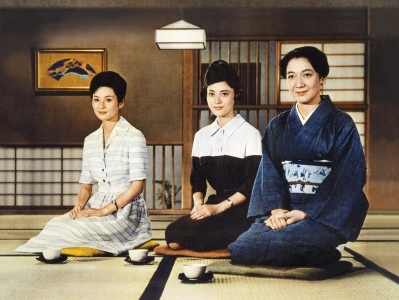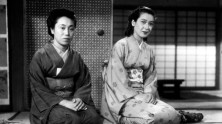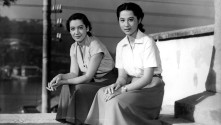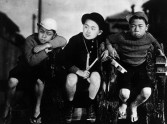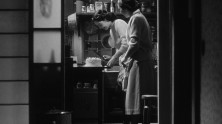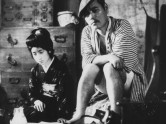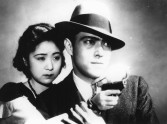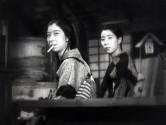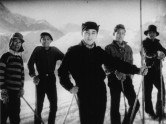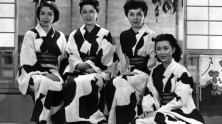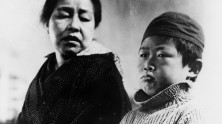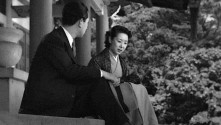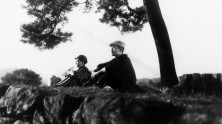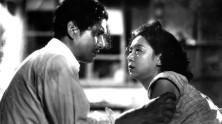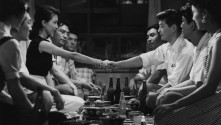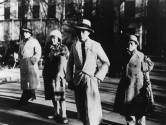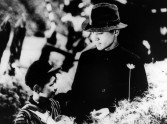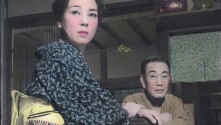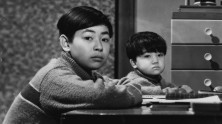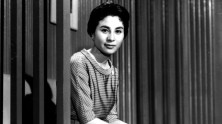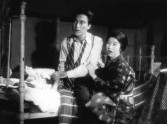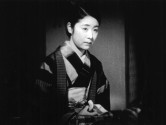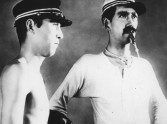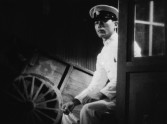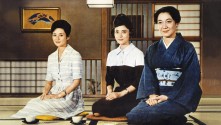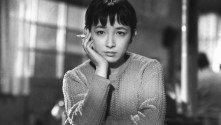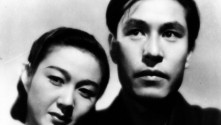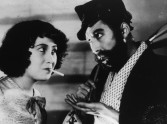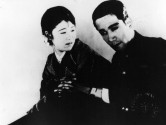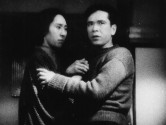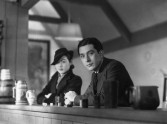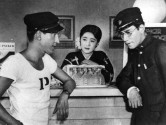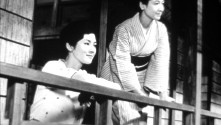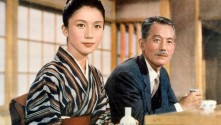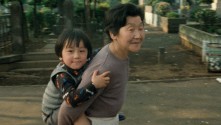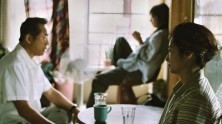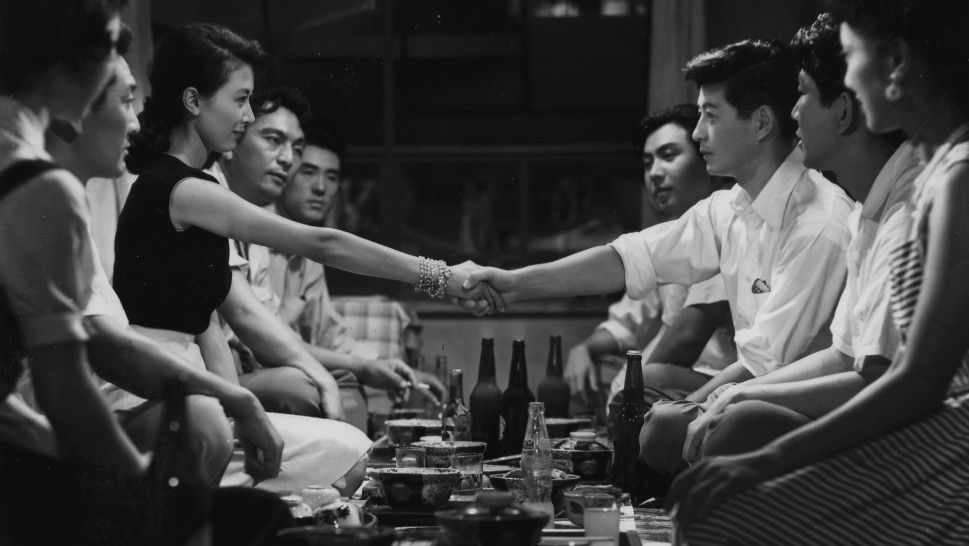
Early Spring
(Soshun)
Screening on Film
With Ikebe Ryo, Awashima Chikage, Kishi Keiko.
Japan, 1956, 35mm, black & white, 145 min.
Japanese with English subtitles.
Print source: HFA
With Early Spring, Ozu aimed to portray what he described as “the pathos of white-collar life.” The title refers to the wistful period of young adulthood in which his characters find themselves. Jaded by his job and bored with his marriage to Masako (Awashima Chikage), office worker Shoji (Ikebe Ryo) has an affair with his coworker Chiyo (Kishi Keiko). Ozu portrays Shoji and Chiyo’s affair with only a few objects and gestures—robes, bottles, a kiss concealed by backs turned to the camera. Despite being somewhat understated in its depiction of sex, Early Spring’s plot is reflective of young audiences’ and studios’ growing demand for more explicit films during the mid-1950s. Yet the film, one of Ozu’s longest, treats its subject matter with a measured distance. The sexual encounter occurs and recedes into memory relatively early. The narrative then continues as a series of conversations (with neighbors, family members, army friends, and coworkers) regarding the incident; all the while the banality of Shoji’s work continues to wear him down. That lust is the careless outgrowth of burnout is one of Ozu’s strongest insights about the disintegration of work-life balance, which takes with it the remainder of one’s youth.
